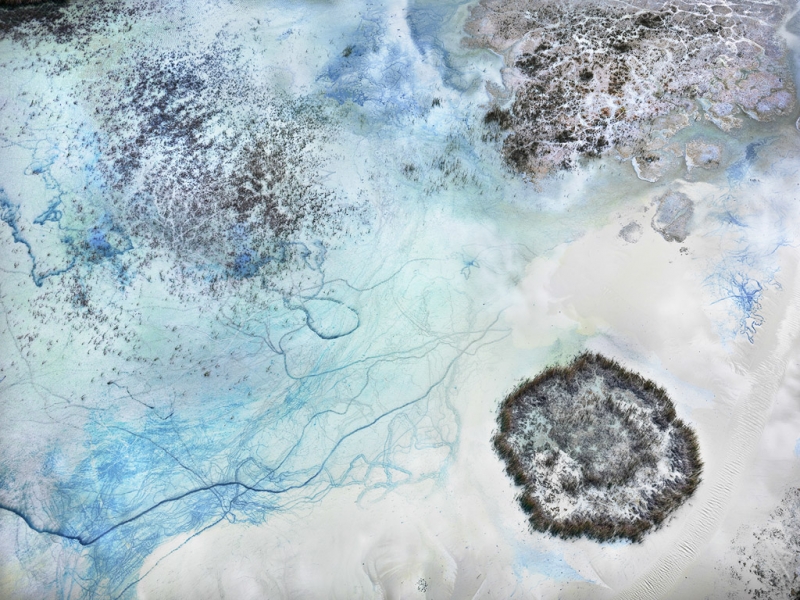Cinema and Environment: Affective Ecologies in the Anthropocene

This project reflects on how contemporary cinema can allow us to resituate ourselves within what is known today as the Anthropocene, by focussing specifically on films produced in the United States and Canada within the past decade. Our analysis is framed within recent discussions on the ecological in the humanities, in particular, the lines of research that have emerged in environmental humanities, critical posthumanisms and new materialisms that argue for new understandings of the relationship between humans and their non-human environment by underscoring the messiness of all ecological entanglements. Scholars such as Rosi Braidotti, Donna Haraway, Stacy Alaimo, Karen Barad and Jane Bennett, among others, have been fundamental in questioning and revising the traditional ecological models based on the concept of “nature”. In dialogue with ecological thinking in philosophy and literary studies, film studies has become increasingly concerned with understanding cinema as a vehicle for cultivating the “arts of noticing” (Anna Tsing): new forms of perceiving that attend to the fragility and precarity of human and non-human survival. Over the last decade, there has been growing interest in cinema’s zoomorphic realism and its democratising representation of cross-species relationality, as well as different forms of ecocinema theorised as the site where humanity’s engagement with the world can be transformed. Meanwhile, scholarship on cli-fi and eco-disaster films, as well as ecotopian and ecodystopian texts more broadly, shows that popular genres can also convey, and sometimes problematize, environmental concerns.
The project’s primary contribution consists in articulating these trends through studies on affect and emotion. With a focus on what Alexa Weik von Mossner terms “affective ecologies”, we set out to explore cinema’s capacity to question the binary oppositions that underpin anthropocentric discourse, such as human/non-human, life/matter or nature/culture, thereby problematizing the term Anthropocene itself. At the same time, we are working from the premise that film has the power to imagine other ways of living, as well as alter our perception and feeling, and in so doing influence how we relate to different beings on the planet. Ultimately, the focus on the affective-ethical dimension of perception opens up questions about how cinema can expand its visuality beyond the human and push anthropos off centre – questions which are central to this project.
Objectives:
- To offer an innovative theoretical-critical contribution to the scholarly work on cinema and environment at the disciplinary intersection of film and cultural studies, as well as the burgeoning interdisciplinary fields of environmental humanities, posthumanisms and new materialisms.
- To use the methodologies and conceptual tools of studies on affect and emotion (including phenomenological, cognitive and affect theory frameworks) in order to undertake the critical analysis of films produced in the United States and Canada in the past decade, with the goal of identifying new images and visual and narrative conventions.
- To apply to the films analysed the most current ecocritical approaches and to disseminate the results in national and international conferences, and as publications in specialised journals and in volumes of collected essays.
- To collaborate with national and international groups whose research is focussed on the affective turn and/or non-anthropocentric perspectives by participating in research visits, organising academic gatherings, as well as through participation in conferences, seminars and international symposium.
- To participate in the circulation of images that contribute to a rethinking of the way in which we relate to the environment. The application of this objective will be carried out in two ways: 5.1 To create a plan for the dissemination of our research through activities designed to engage participants from outside the university community, including courses, conferences, and film series, open to the public in spaces for academic and cultural gatherings; and 5.2 To create a video-essay that will be published online in open access such that the results of the project can reach beyond the academic sphere, toward a broad public interested in environmental concerns.